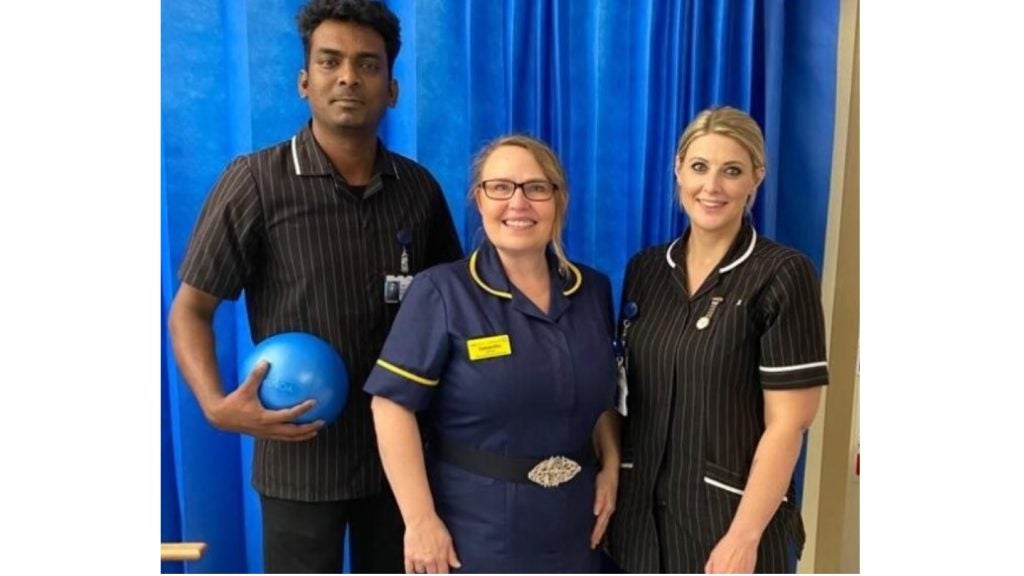The University of Kansas Medical Center (KUMC) in the US has received an $11.5m grant from the National Institutes of Health (NIH) to establish a new centre that aims to bridge the gap between research knowledge and clinical practice.
Named the Implementation Science for Equity COBRE, it is part of NIH's Centers of Biomedical Research Excellence (COBRE) programme.
This new centre will implement evidence-based practices into clinical care and ensure equitable care for rural, minority and underserved populations.
Implementation science is said to reduce the time it takes for patients to receive diagnosis and treatment.
University of Kansas Medical Center population health professor Kimber Richter said: “There are a lot of barriers to change in medicine and in health care in general.
“There’s a big learning curve that comes with new medical practices.
“Old workflows that deliver those old practices make it hard to change because busy clinicians must re-imagine new team connections and handoffs.
“Sometimes change requires practitioners with new skills, but budgets may limit hiring them, and reimbursement might not happen uniformly for new treatments.
“Practice change also requires changes in electronic health records.
“There also may be resistance because of cultural mindsets around certain health issues or treatment innovations.”
Besides, the centre will offer mentorship and support for researchers engaged in implementation science-based studies.
The facility will also mentor early-career investigators and help them secure independent funding to promote research that enhances health equity.
KU Medical Center population health professor Christie Befort said: “About 40% of patients do not receive care consistent with current evidence-based practice.
“What’s more, the gap between research and clinical practice tends to be even more pronounced in disadvantaged communities.”
The new centre will initially support four researchers.
They will work on projects to improve the health of Latino families with young children, Latino caregivers of people with dementia, low-income pregnant smokers, and Black women at risk for preeclampsia.















